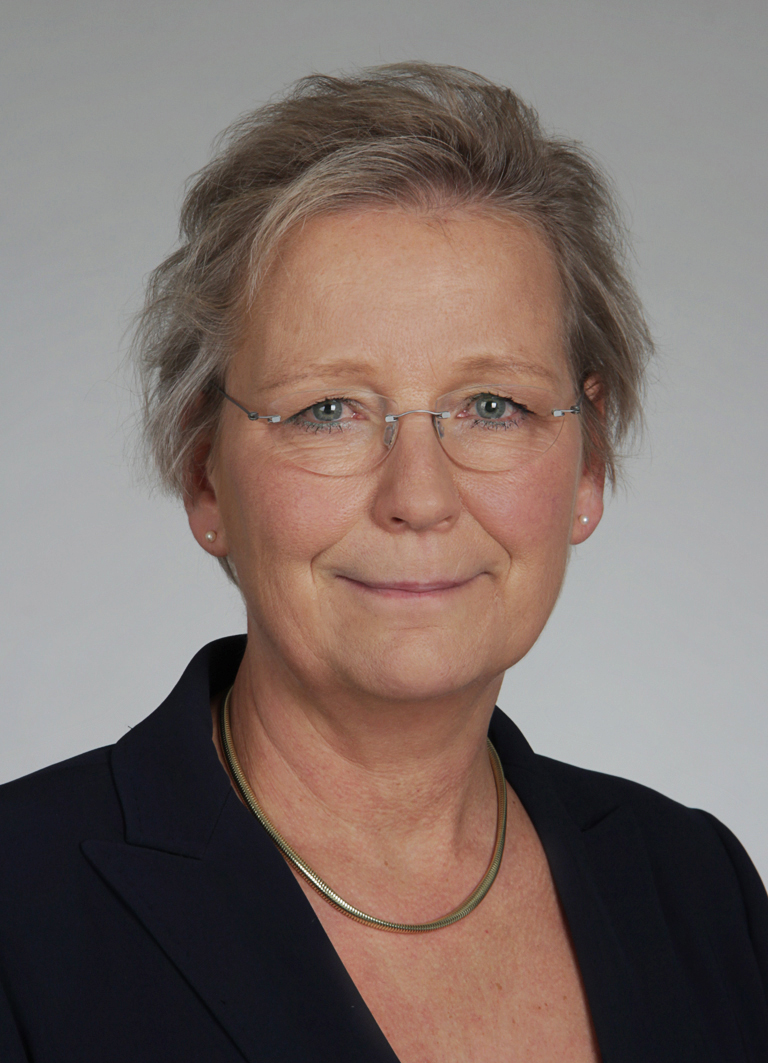Dr. Katja Nuss

Musculoskeletal Research Unit (MSRU), Vetsuisse Faculty, University of Zurich
The Musculoskeletal Research Unit (MSRU) provides veterinary expertise in the development and use of animal models in the fields of musculoskeletal research such as bone and cartilage healing, tendon function and repair, muscle degeneration and recovery, and spine surgery. Soft tissue research includes special interest in wound healing models and wound healing enhancement in rodents and large animals as well as animal models for intracranial aneurysm and their biology and treatment. A wide network of institutions supports the work of the MSRU. The MSRU is a GLP accredited facility for preclinical studies. Dr. Katja Nuss is one of three leaders of the MSRU. She is a specialist in veterinary surgery and in veterinary anesthesiology with a huge experience in clinical and experimental surgery.
Special scientific interest:
- Intracranial aneurysms: Research on mechanisms of growth and rupture of intracranial aneurysms in humans; investigation of aneurysm growth and rupture biology; cellular composition of aneurysm and parent artery wall; testing of new treatment options in animal models (Elastase-induced aneurysms in rabbits, surgically induced end-to-side aneurysms in rats). Diagnostic imaging of induced aneurysms (MRI, digital subtraction angiography, ultrasound). Testing of new technologies to treat prone-to-rupture aneurysms.
- Wound healing: Enhancement of healing of infected and non-infected wounds in animal models (rats, sheep, pigs); application of wound healing promoters by different technologies; development of scoring and quantification methods of wound healing.
- Bone, muscle, tendon, ligament biomaterials: Biocompatibility, integration and functionality of newly developed bone replacement substances and implants (long bones, dental implants) as well as tendon and ligament healing promoters in animal models. Animal models on the mechanisms of muscle inactivity degeneration and ways to reduce/avoid muscle atrophy.
- Cartilage degeneration: Animal models in sheep and goats to induce osteoarthritis and test biomaterials for regeneration and pain reduction.
- Heart valve replacement (in collaboration with Prof. Simon Hoerstrup): Preparation, allocation and delivery of animals; postoperative monitoring of animals.
Apart from the scientific background and interest, the MSRU has the facilities and infrastructure to conduct the animal experiments. Modern and suitable operation rooms, full surgical equipment and animal stables are available, as well as necessary recovery systems for animals after surgery to protect the operated limbs or spine. In addition, anesthesia of sheep, goats, pigs, minipigs, rabbits, rats and mice is routine and is conducted by Board certified veterinary anesthesiologists. Suitable radiology and other modern diagnostic imaging technology are available within the hospital, such that animals can also be followed during their clinical recovery. The MSRU consists of 20 coworkers, of which 5 are technicians for animal care, bone histology and immunohistochemistry, 1 PhD student, 5 senior scientists and 9 doctorate students (veterinarians). Animals will be taken from the institutions own sheep herd (ca. 250 sheep), which are managed with high expert veterinary care on a continuous basis.